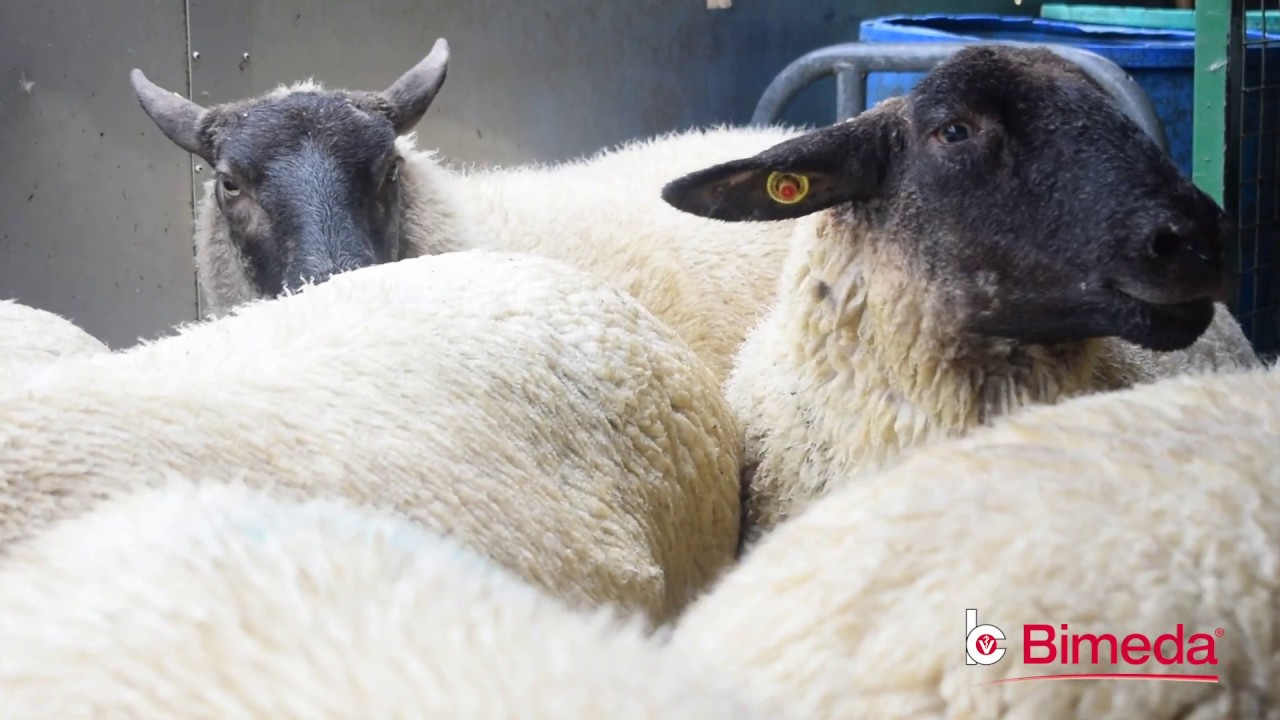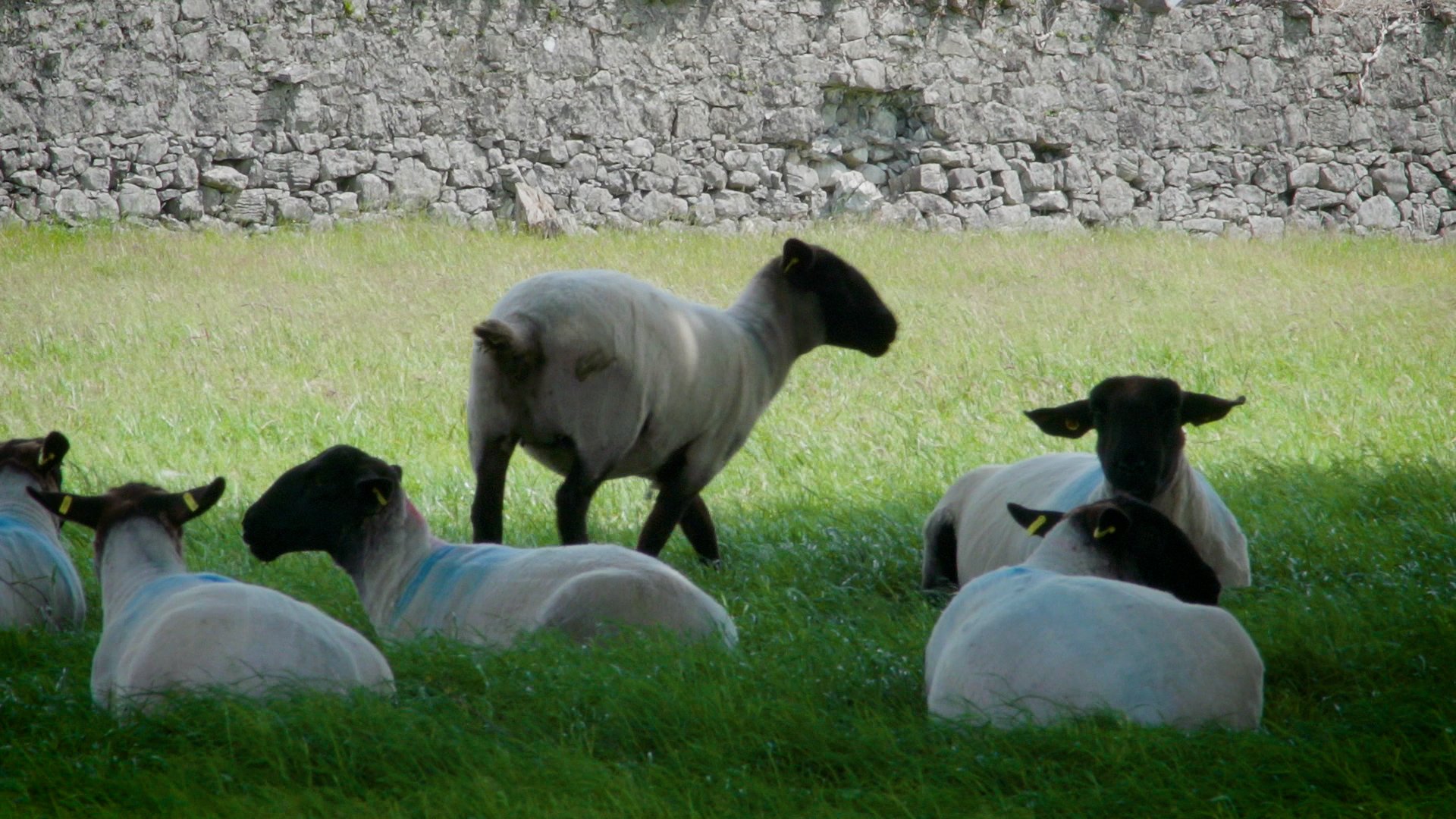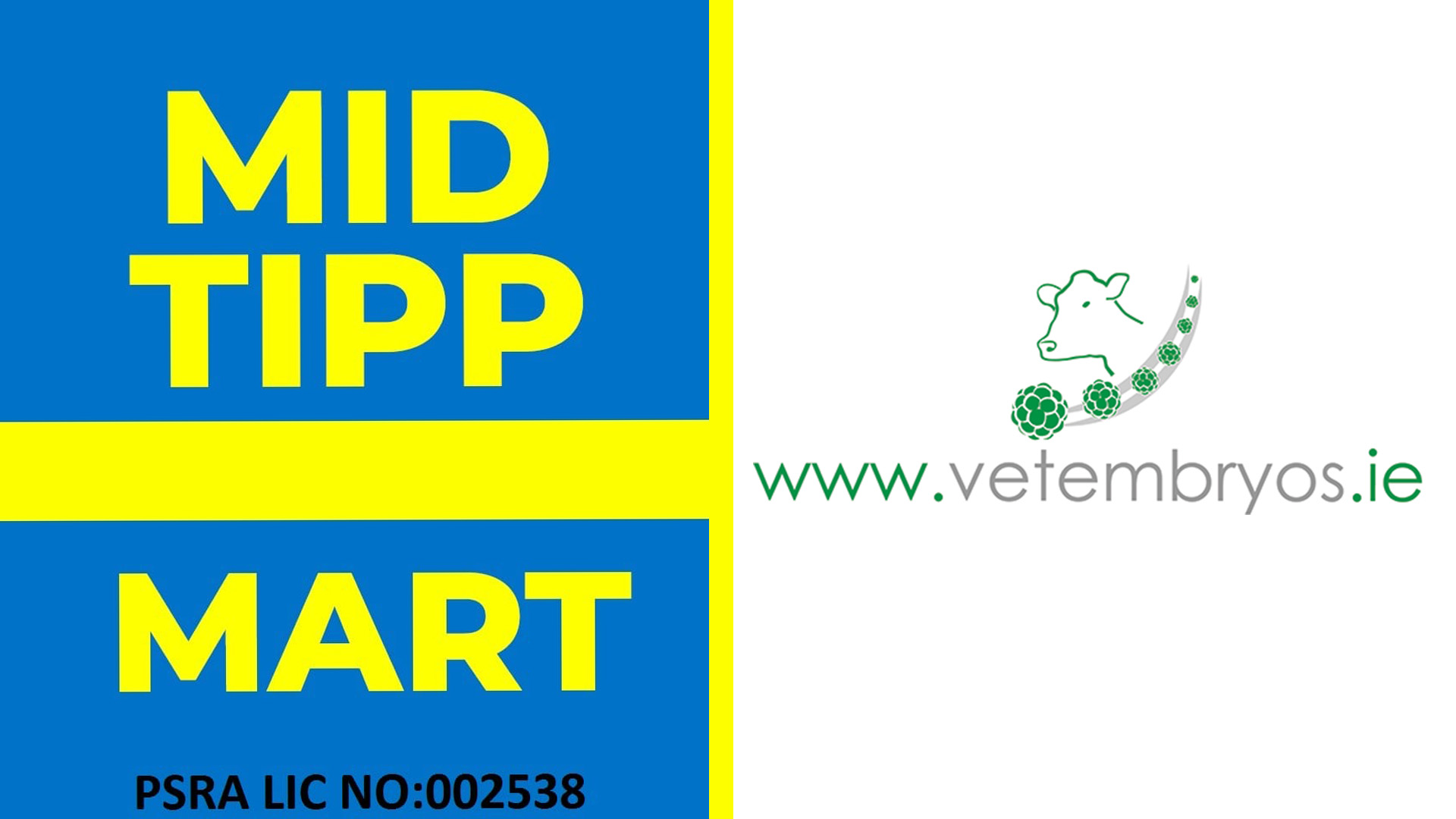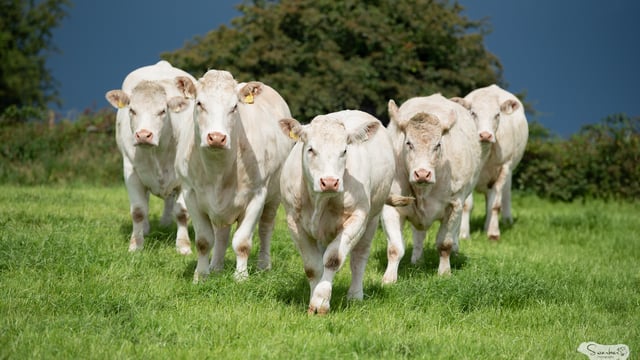Sponsored Article

Sponsored Article
Planning to dip your sheep under the new National Sheep Welfare Scheme?
Sponsored Article

Under the new National Sheep Welfare Scheme (NSWS), a financial incentive of €8/sheep is offered to sheep farmers for shearing or body condition scoring of ewes, or clostridial vaccination or plunge dipping of ewes to enhance animal health, welfare and productivity.
If plunge dipping to control ectoparasites has been selected, dipping must be completed by October 15 this year.
Plunge dipping should not take place eight weeks prior to lambing and can be carried out on farm where the flock owner has their own plunge dip or by a mobile plunge dipping service operator.
Sheep scab is caused by the Psoroptes ovis mite, which can be transmitted between animals and the environment, with mites surviving up to 17 days in the environment making control challenging.
The mite feeds on debris at the skin surface producing faeces which elicit a severe allergic reaction on the sheep host, causing skin lesions and intense itching.
Chewing lice affect sheep in Ireland and use their mouthparts to feed on skin debris. They thrive in warm, thick fleeces and burdens gradually increase over the winter months.
Generally animals in good condition are able to keep the burden in check, but animals in poor health tend to suffer the most.
Ticks can attach to sheep and feed however rarely cause a direct issue unless the burden is severe.
The diseases which ticks can transmit (Tick Borne Fever, Louping Ill etc.,) can result is severe clinical signs and potentially death.
The blowfly lays eggs in the fleece which then hatch into maggots. Those maggots produce enzymes which digest the host’s skin tissue and also have abrasive mouth parts to further damage the skin surface.
Hot and humid conditions, as well as the presence of faecal material in the fleece, increase risk.
Like all veterinary medicines, ensuring dips are used correctly is essential to their success.
If we don’t utilise them correctly, we risk them being ineffective to treat and prevent parasites and potentially increase the rate of development of resistance via under-exposure.
Top tips for getting it right:
- Protect yourself: Dips are harmful to human health if exposed both in the short and potentially long term. Ensure you are wearing the correct Personal Protective Equipment (PPE) as detailed on the product information and/or data sheet;
- Start with a clean bath: Ensure no organic material from the last round of dipping is left in the tank. Organic material reduces effectiveness and increases the risk of bacterial infections;
- Correct mixing: Ensure you know the volume of water added and add the appropriate amount of dip concentrate to add. If you have any queries- contact the manufacturer for help;
- Correct top ups: Topping up at regular intervals is essential to ensure the baths stays above the minimum concentration required. The product information details how much the bath should be topped up by after a specific number of animals;
- Correct time in the bath: Depending on the dip used, 30-60 seconds are required in the tank. Any less than this, and insufficient medicine will be absorbed into the fleece. This risks treatment failure and potentially promotes the development of resistance. Check the product packaging and use a timer to be sure;
- Keep the tank clean: Organic material will begin to build up in the bath during the process meaning it has a maximum capacity. Never dip more than 1 sheep for every 2L of dip wash at the start e.g. a 1,000L bath has a maximum capacity of 500 sheep before it should be emptied and started fresh. Making sure sheep are clean before entering the bath will also help;
- Protect the environment: Ensure a sufficiently sized draining area is available which allows sheep to ‘drip off’ and for any dip residues to run back into the tank. Keep them here until the fleece is no longer dripping. For portable dipping units, ensure they are sited away from water courses and that any dipped sheep cannot enter a water course;
- Sufficient fleece: Sheep need at least 1cm of wool growth to ensure sufficient lanolin is present to absorb the medicinal compounds. Do not dip them immediately after shearing.
When it comes to external sheep parasites, plunge dipping with Gold Fleece is an excellent option, as it is licensed for the prevention and treatment of key parasites, including scab, lice and blowfly strike.
To target only external parasites, it is advisable to use an active ingredient which is effective against only external parasites, making dip an excellent option.
Using a product which is also licensed for internal parasites (worms), when you do not need to target internal parasites, can contribute to the development of resistance.
Gold Fleece also has a 35-day meat withdrawal period and a 3L can is sufficient to dip 500 sheep, making it excellent value for money.
Gold Fleece is a POM medicine containing dimpylate (diazinon) 60% w/w and is licensed for the prevention and treatment of blowfly strike, keds, lice and scab infestations.
Further information can be found on the product SPCs/data sheets available on the HPRA website and Bimeda website. Advice should be sought from perscriber.
For more information, or to find your local stockist, call Bimeda customer serivces on 01 466 7941.
If you are unable to carry out dipping yourself, or simply prefer not, contract mobile dippers are an excellent and cost effective option.
If you'd like to find a local dipper in your area, some of Ireland's mobile dippers list their services on sheepdippers.ie.
Assuming that all sheep in the flock have been correctly dipped, this presents an opportunity to focus on biosecurity to keep scab and lice out.
This is critical to consider when introducing new animals into the flock. All new incoming stock should be considered at risk of carrying ectoparasites, especially scab, and quarantine guidance should be followed.
Sponsored Article









